Gluten could be harming your liver
By naturopath Margaret Jasinska
Did you know there is a relationship between coeliac disease, gluten intolerance and the liver? Elevated liver enzymes are a common finding in a person with coeliac disease, and there are sometimes structural changes in the liver, which are referred to as “coeliac hepatitis”.
Inflammation in the liver is most common in newly diagnosed coeliacs. This is because inflammatory damage to the gut lining allows a large quantity of gut toxins to make their way to the liver, causing inflammation and tissue damage. Adhering to a strict gluten free diet is supposed to allow the gut lining to heal and liver function to normalise.
Sometimes the liver inflammation doesn’t resolve. This may be because the patient has another autoimmune disease (eg. autoimmune hepatitis), or because something else is making their gut leaky and damaged besides gluten. In other instances, a person can be gluten intolerant, not have coeliac disease, and still experience an inflamed gut which leads to liver problems.
Coeliac disease causes irritation and damage to the lining of the gastrointestinal tract; this makes the intestinal lining more permeable, resulting in “leaky gut syndrome”. A leaky gut allows bacteria, toxins secreted by bacteria, undigested food and other waste into the bloodstream, where it travels straight to the liver. These toxins are capable of causing direct damage to the liver cells; they increase the quantity of white blood cells in the liver and can produce raised liver enzymes. Many doctors now recommend all patients with unexplained raised liver enzymes be tested for coeliac disease.
If you don’t have coeliac disease, gluten can still increase intestinal permeability, giving you a leaky gut. Other common causes of leaky gut include alcohol, non-steroidal anti inflammatory drugs such as aspirin, ibuprofen and naproxen; the oral contraceptive pill, small intestinal bacterial or fungal overgrowth, casein in dairy products or a food allergy/intolerance. Healing leaky gut is critically important for protecting your liver from harm or allowing it to heal if it is inflamed.
How to look after your liver
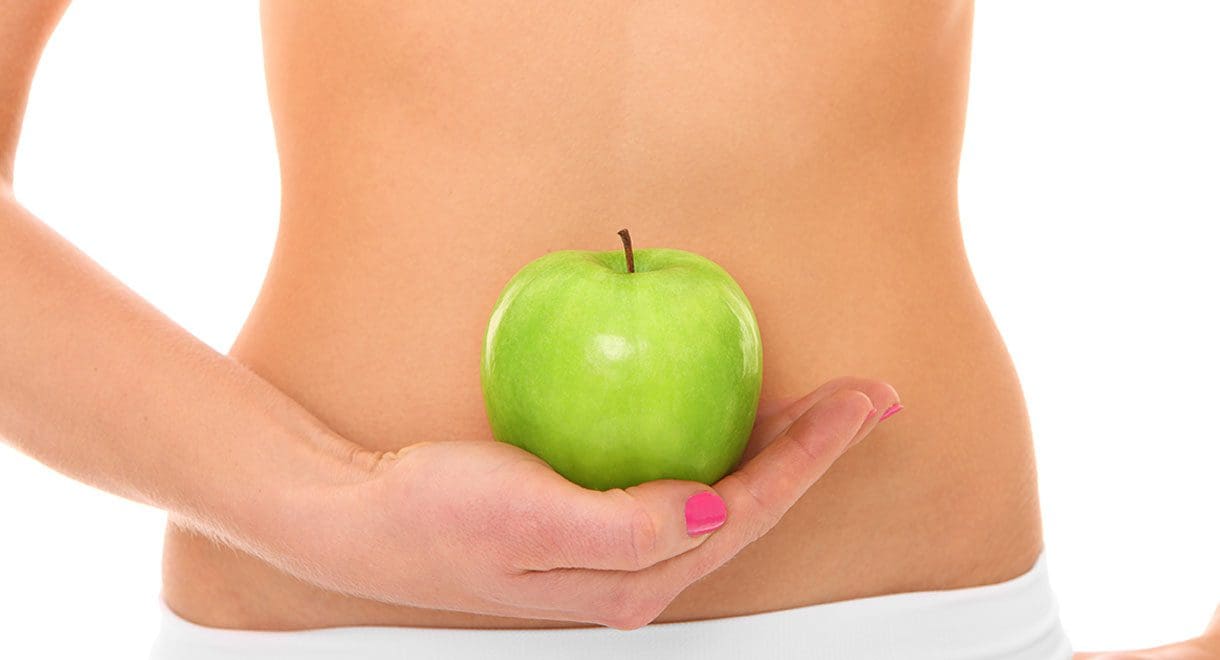
Have a healthy digestive system
Make sure you have a healthy digestive system. If you suffer with bloating, gas, reflux, heartburn, constipation or diarrhoea, all is not well in your gut. You may have a food sensitivity; you may have bacterial or fungal overgrowth and you may have dysbiosis. These need to be addressed.
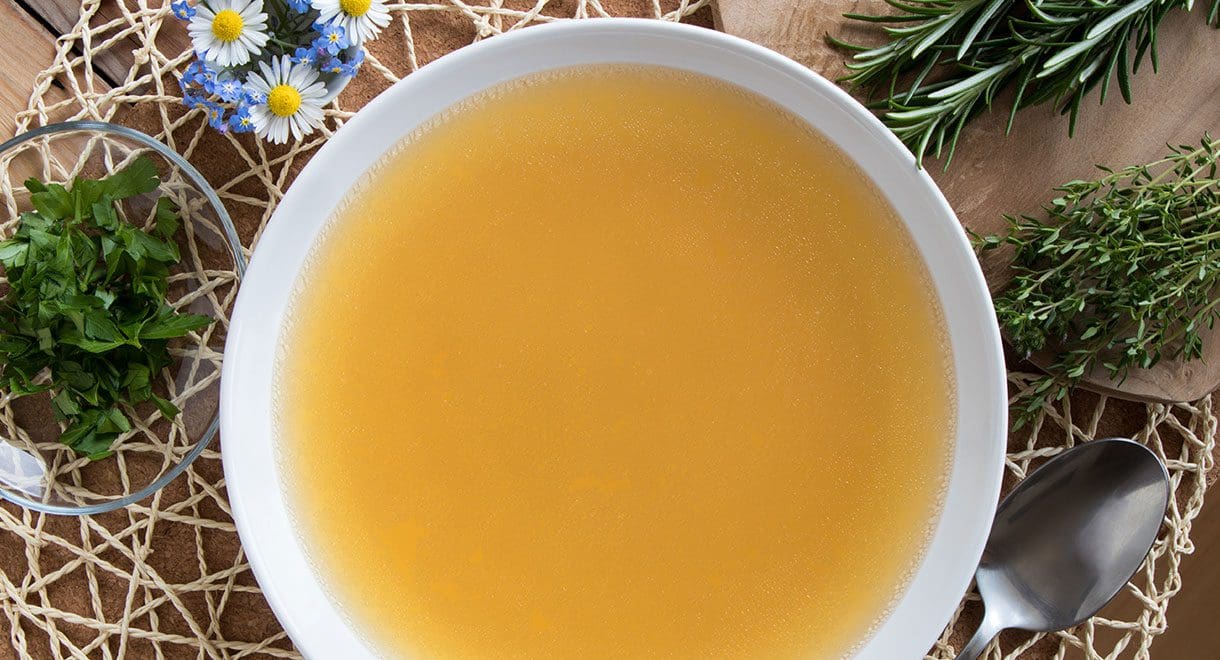
Drink some bone broth every day
Bone broth really is healing and soothing to the gut lining. Try to drink some every day. Also try using cuts of meat that have bone attached to them and making a slow cooked stew, soup or casserole. Bone broth is high in collagen and glutamine and it encourages the growth of good gut bugs called bacteroides. If you are a vegetarian or vegan, you can find the nutrients your body needs to manufacture collagen in Collagen Food powder.
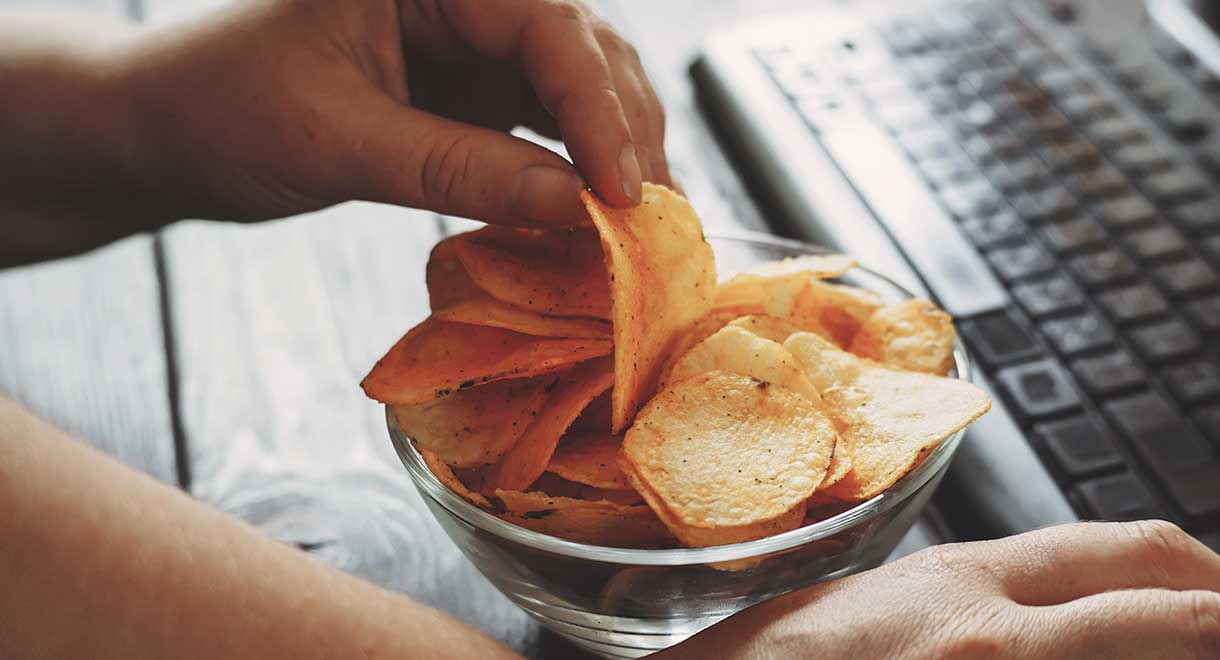
Avoid snacking
Try to avoid snacking. Try to stick to just three meals per day. Four hours after eating, your intestines experience something called cleansing waves. This is where waste, gut bugs and debris is swept downwards. If you nibble regularly throughout the day you won’t have enough cleansing waves and are more likely to experience small intestinal bacterial overgrowth.

Drink lots of fluids
Drink lots of water and other healthy fluids like tea, herbal tea and coffee. Drinking water has a detoxifying effect on your whole body and helps to soften the stool, making it easier to have regular bowel motions. Coffee is actually very good for your liver. It helps to reduce inflammation and scarring in the liver. There is a lot of published research in medical journals about the liver benefits of coffee.

Give your gut and liver a cleanse
I don’t think I know anyone who wouldn’t benefit from cleansing their gut and liver. Even if you try to eat well, our modern food supply and modern lifestyles aren’t ideal for supporting optimal health. The stress hormone cortisol increases intestinal permeability, and sugar is a fertiliser for bad gut bugs and fungi. So it doesn’t take much to throw your gut and liver health off balance. The Dr Cabot Cleanse addresses the gut, the liver and the immune system in one simple program. It only takes 15 days and should help you feel more energetic and inspired to look after your health.


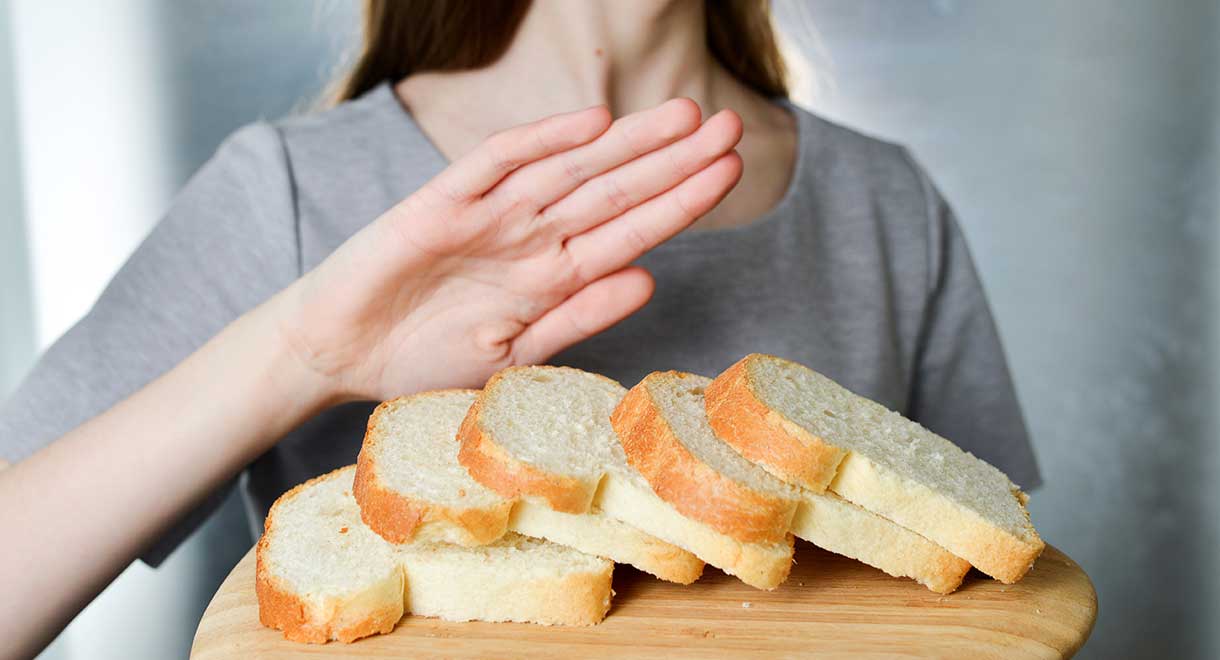

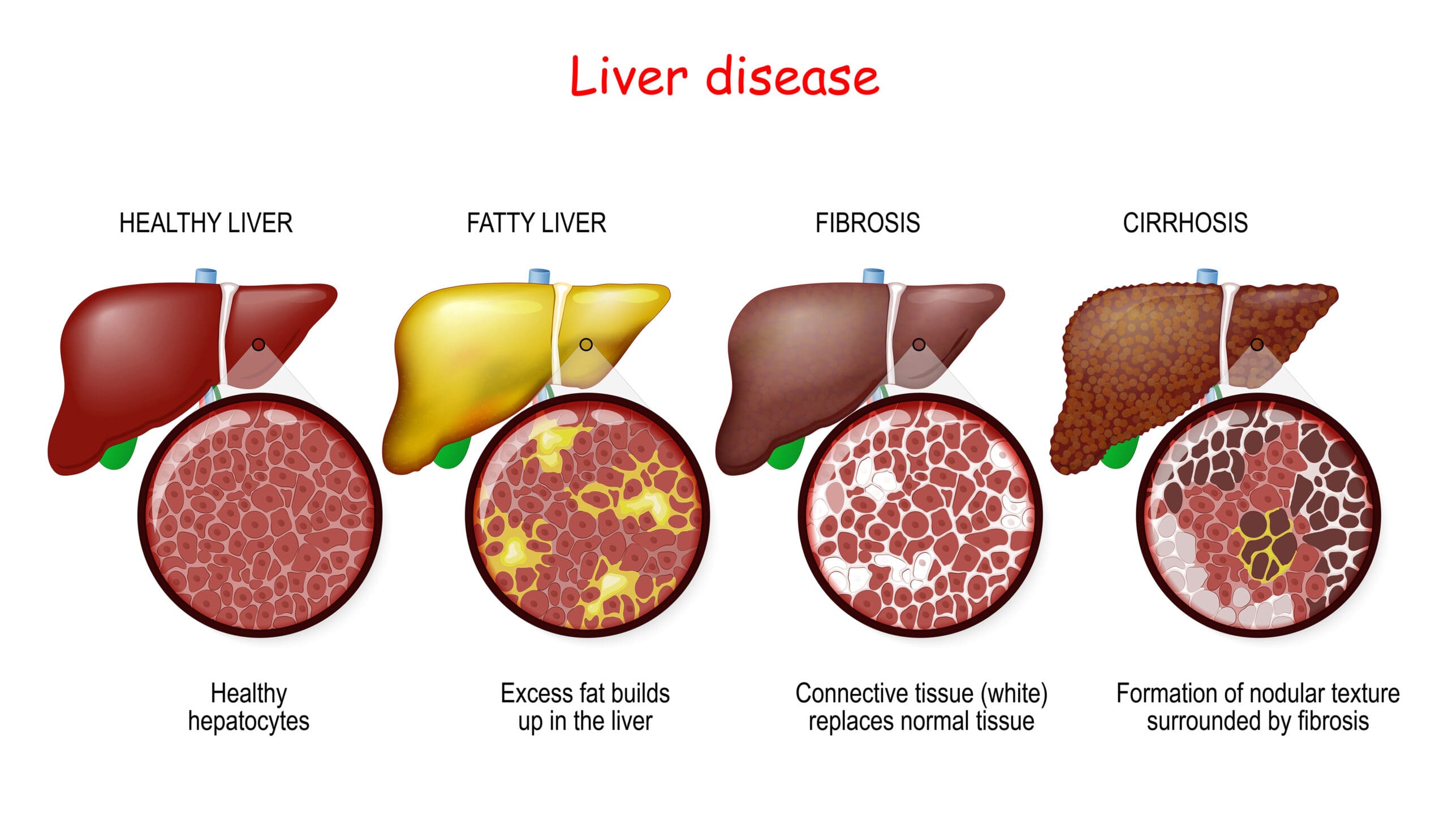

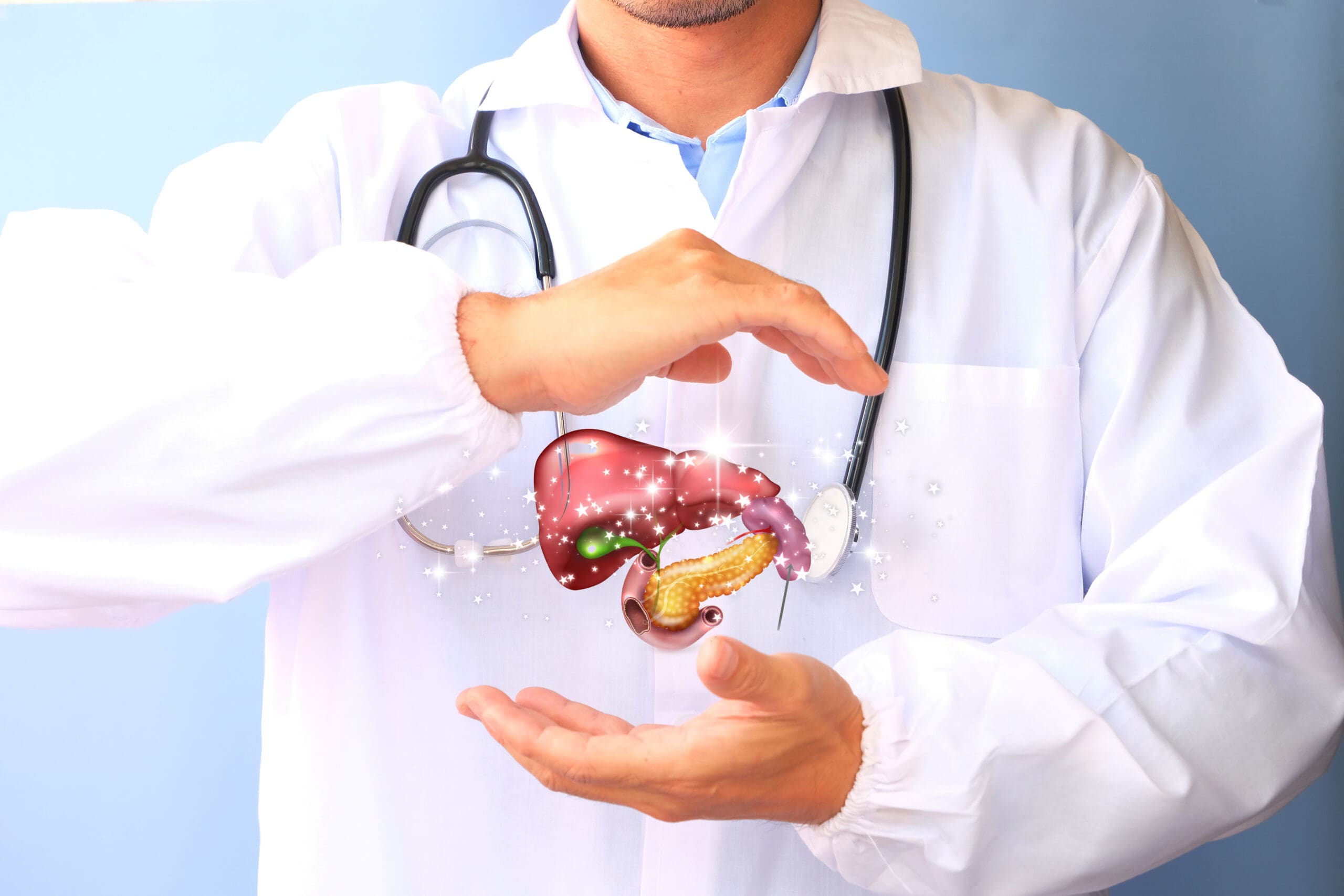
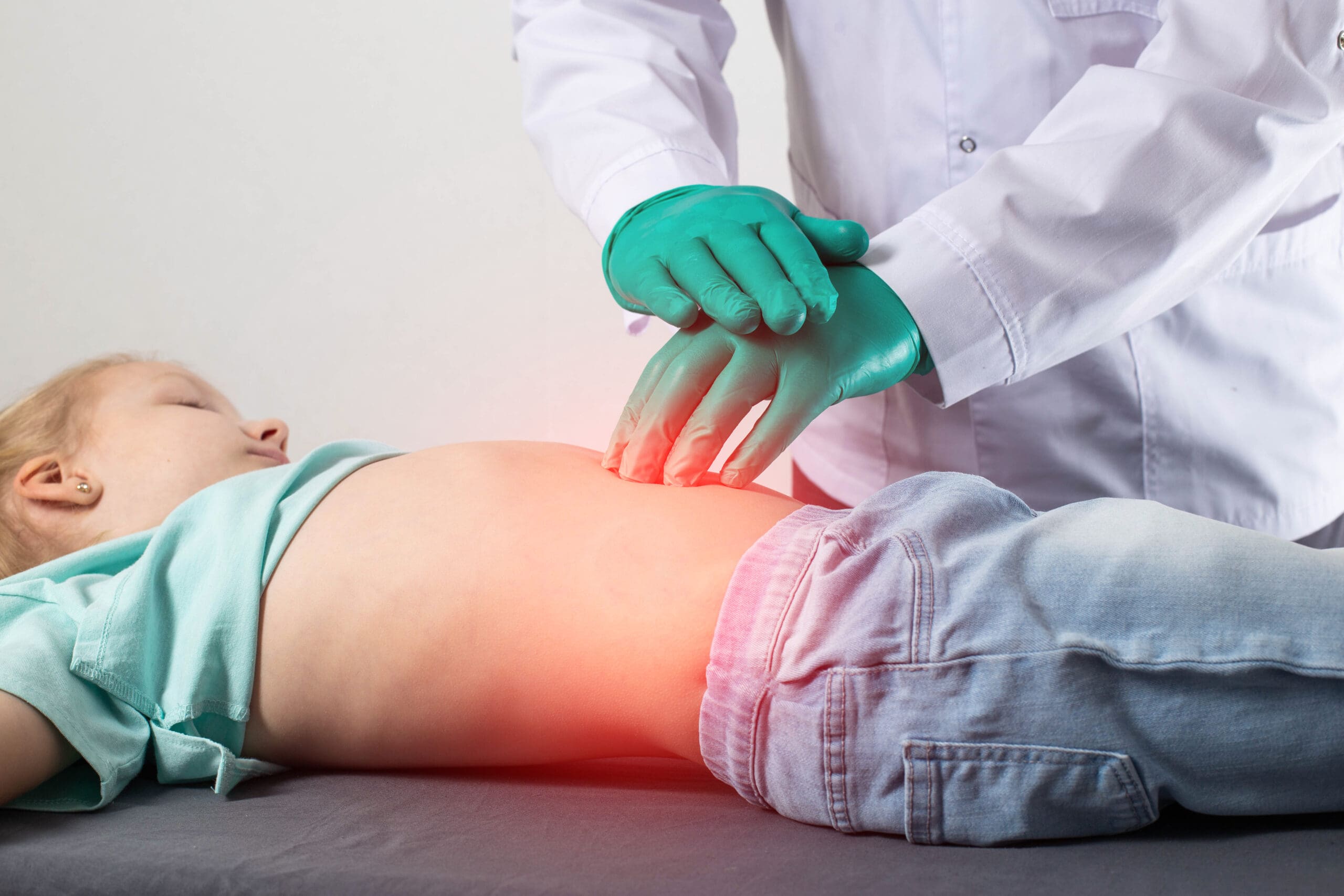
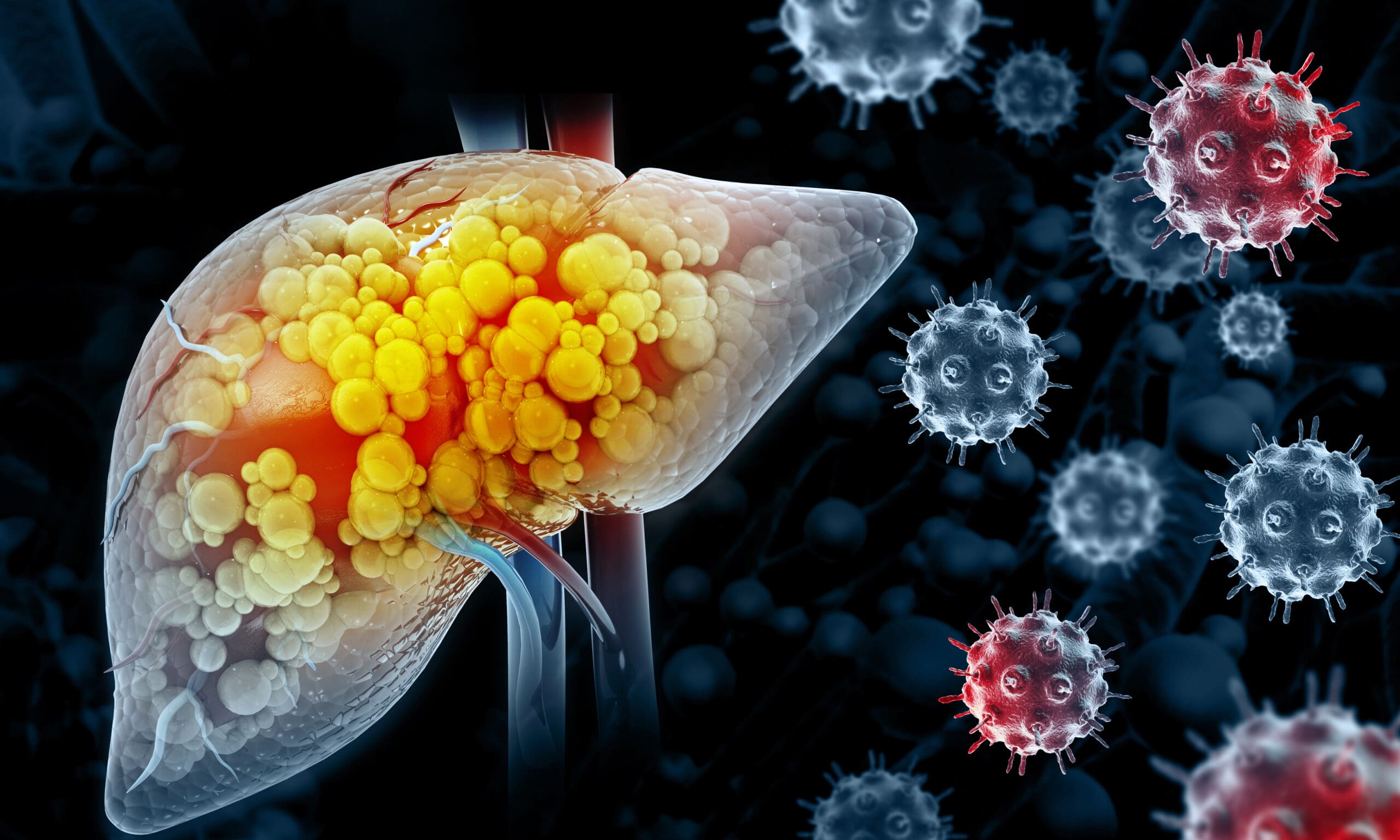
interesting! I never knew that gluten could affect the liver.
Our diets can have a profound affect on our health!